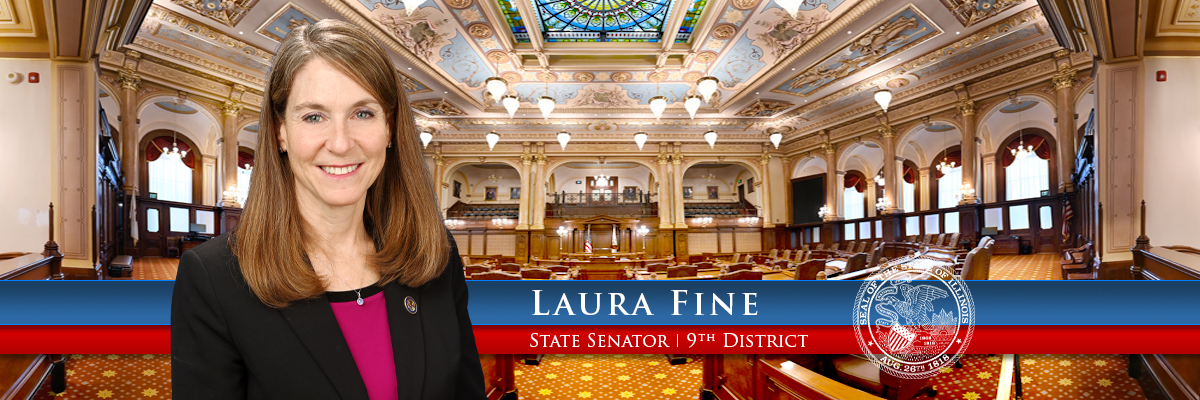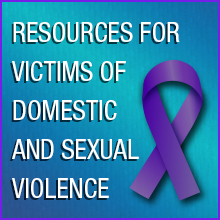Senator Fine bill supporting PANDAS/PANS patients barred from insurance plans passes Senate
- Details
- Category: Press Releases
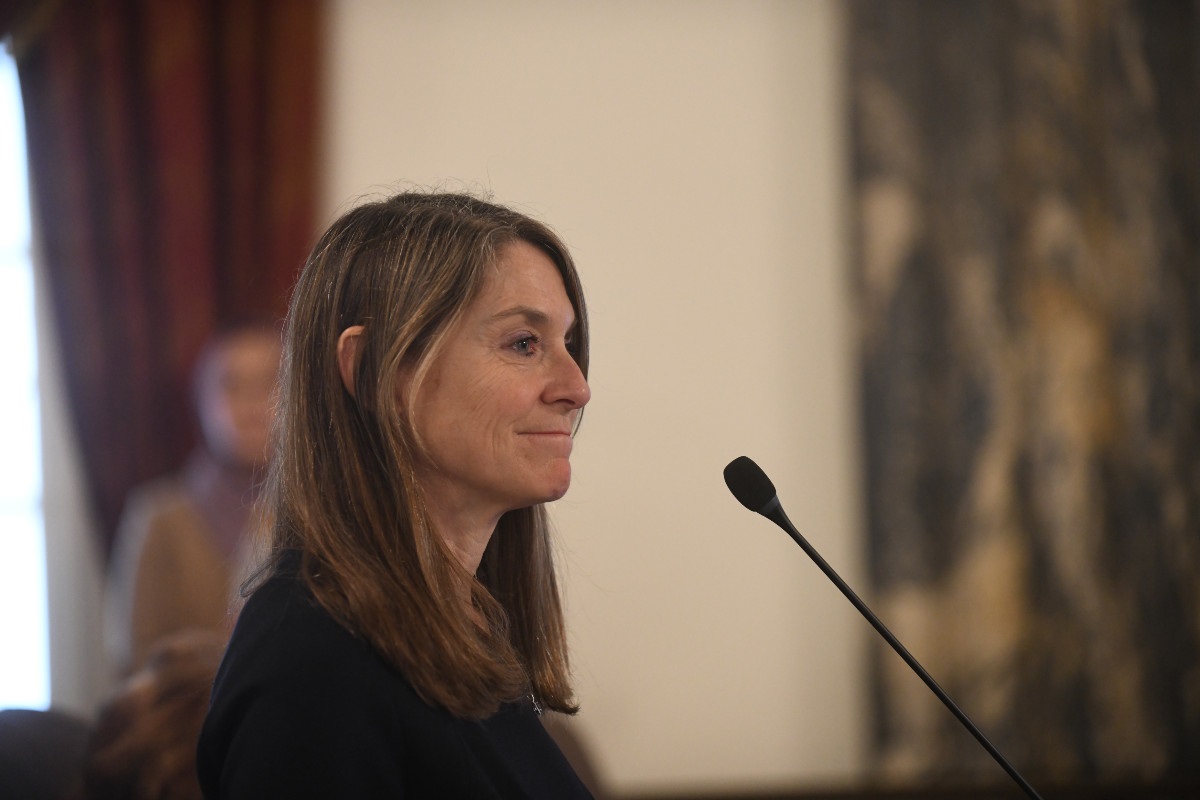
SPRINGFIELD – Patients with PANDAS and PANS have historically faced challenges receiving the health care coverage they need through insurance plans. An initiative led by State Senator Laura Fine would ensure patients are able to access all necessary treatment for these conditions without facing barriers from insurance companies, closing current loopholes some insurers are utilizing to not cover essential care.
“Without proper treatment, PANDAS and PANS can be debilitating diseases,” said Fine (D-Glenview). “This measure will make this essential treatment more accessible for patients, helping them recover and improve their quality of life.”
Pediatric Autoimmune Neuropsychiatric Disorders Associated with Streptococcal Infections (PANDAS) and Pediatric Acute-Onset Neuropsychiatric Syndrome (PANS) occur after an infection, most commonly a strep infection. Brain inflammation occurs when the body’s immune system mistakenly attacks healthy brain cells, leading to autoimmune processes that affect central nervous system function. An affected child generally has a sudden, dramatic change in personality, displayed as symptoms of obsessive-compulsive disorder like anxiety, tics or other abnormal movements, personality changes, sensory sensitivities, restrictive eating and more.
Senator Fine expands grant eligibility to include alcohol and drug counselors
- Details
- Category: Press Releases
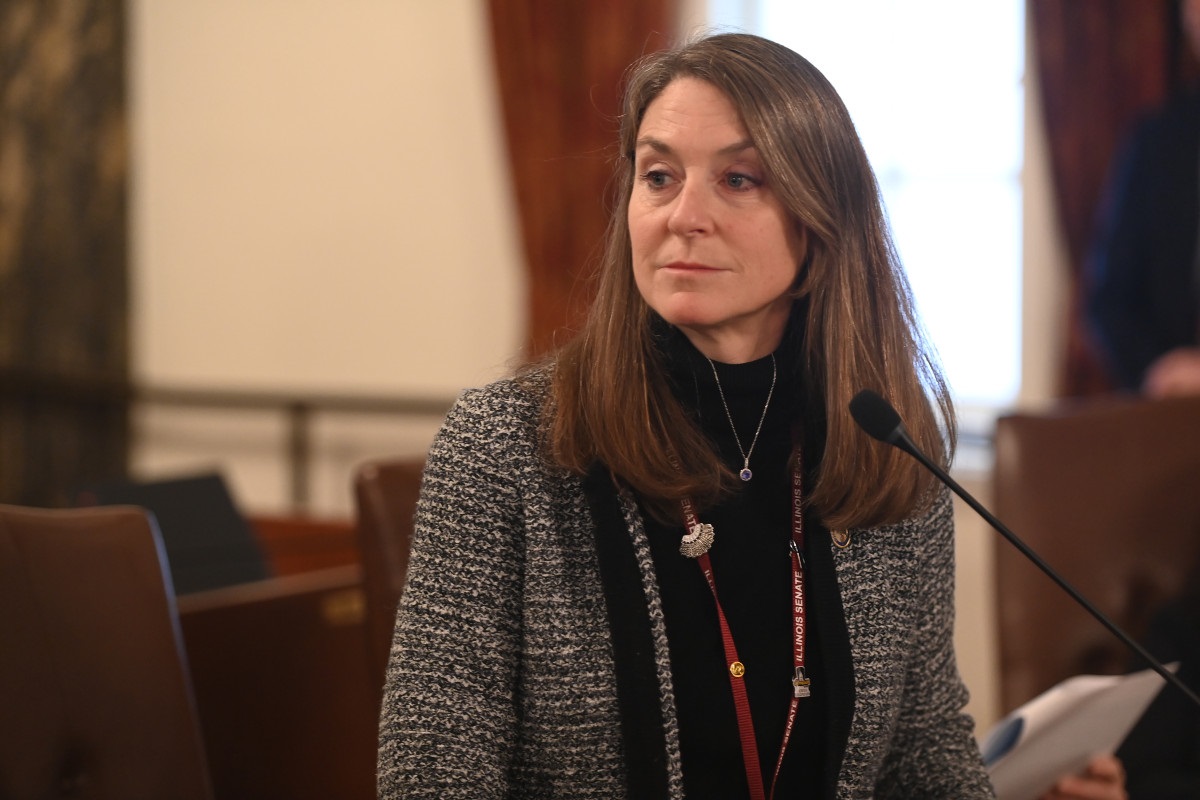
SPRINGFIELD – To help meet the growing demand for mental health providers who support patients struggling with substance use, State Senator Laura has introduced legislation expanding a behavioral health workforce student loan forgiveness program. Under this legislation, the program would expand to include recovery support specialists as well as alcohol and drug counselors.
“Recovery support specialists and alcohol and drug counselors’ work is life-changing for many struggling with substance abuse,” said Fine (D-Glenview). “This measure will make these professionals eligible to get financial relief for their exemplary service to members of our community who are struggling.”
The Community Behavioral Health Care Professional Loan Repayment Program was created to address the shortage of community-based behavioral workers in Illinois so that there are fewer disparities in access to critical mental health and substance use services. Starting in 2024, the program would be expanded to include alcohol and drug counselors along with mental health professionals like psychologists, licensed clinical social workers and psychiatrists.
Read more: Senator Fine expands grant eligibility to include alcohol and drug counselors
New Senator Fine legislation to make higher education transcripts more accessible passes Senate
- Details
- Category: Press Releases
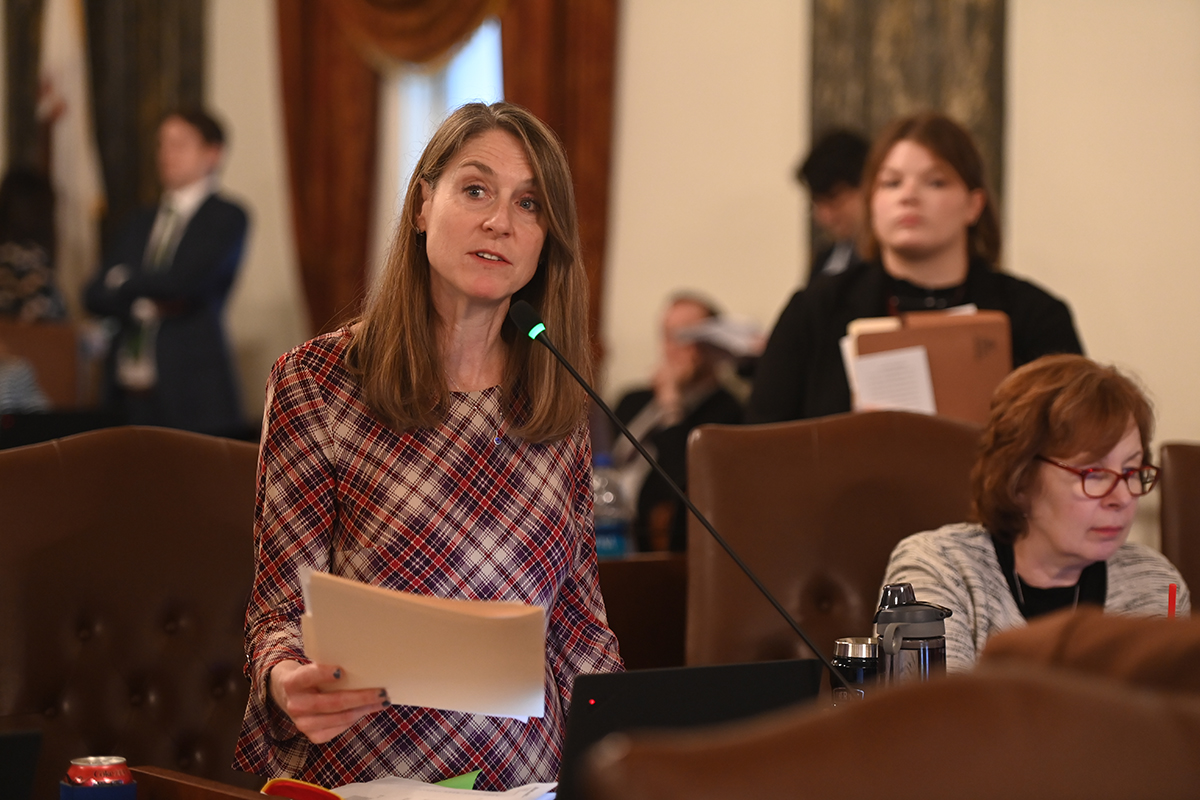
SPRINGFIELD – Obtaining official transcripts can be a roadblock for college and university students across Illinois if they owe a past-due debt to the institution, which can hamper their efforts to pursue post-graduate opportunities. State Senator Laura Fine’s legislation, which would make official transcripts more accessible to students, passed the Senate on Friday.
“Students need their transcripts for a myriad of reasons after they graduate, including seeking employment to pay off their student debts. Without access to their transcript, they can lose out on many opportunities and take even longer to repay any debts they owe the university,” said Fine (D-Glenview). “This initiative would give students the opportunity to pursue more post-grad opportunities and address their student debts quicker.”
Senator Fine, a former college instructor, is a longtime advocate of supporting university students working to pay off their student debt. Last year, she passed legislation prohibiting universities from withholding transcripts from students with a past-due debt if the transcript is needed for a job application. This ensured students would be able to use their hard-earned transcripts to find a well-paying job, from which they could repay their debts to the university and pursue a career best suited to the skill set they developed in college.
Senator Fine leads effort to protect student loan cosigners
- Details
- Category: Press Releases
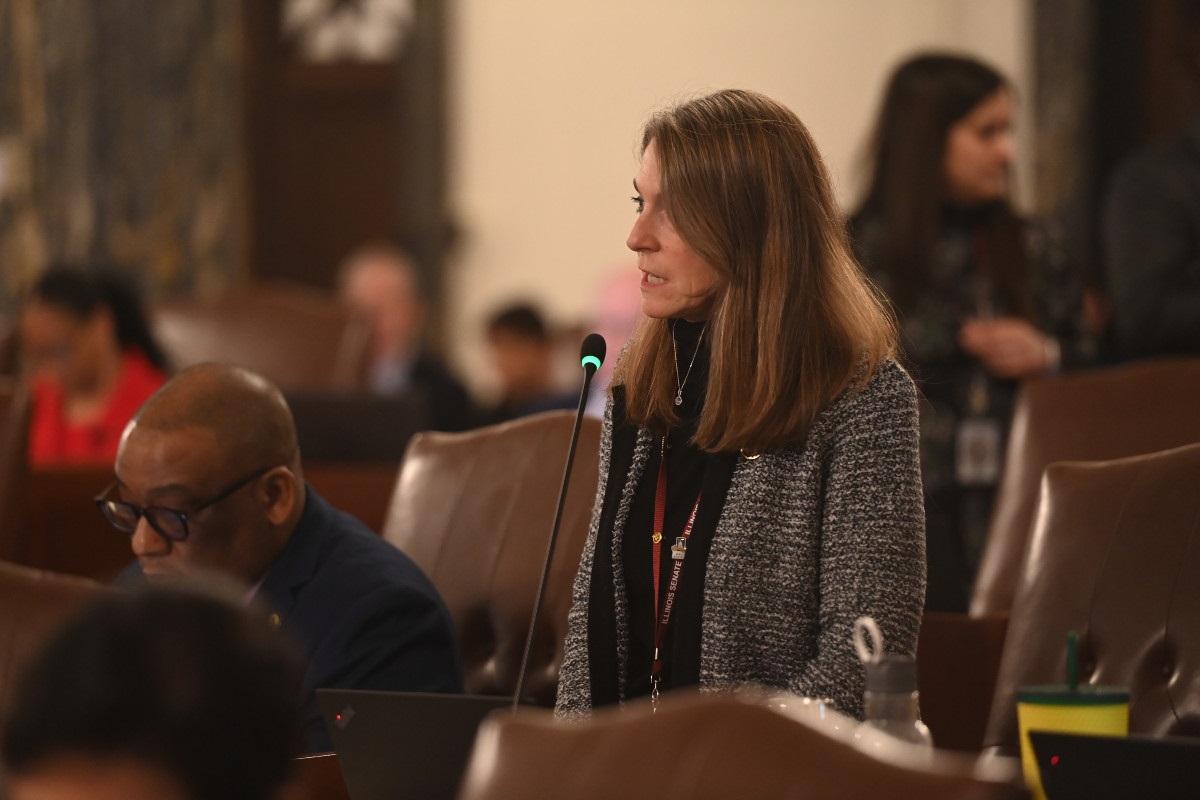
SPRINGFIELD –Cosigners to private student loans may find themselves in a difficult financial position if they are unaware the student they signed for is behind on his or her payments. These cosigners will be better protected under legislation sponsored by State Senator Laura Fine. Under this bill, they will be alerted if student borrowers are not paying off their loan and will have more options before incurring the borrower’s debt.
“Cosigning a student loan may seem like a formality, but can quickly become a massive financial responsibility,” said Fine (D-Glenview). “By requiring more transparency between the primary borrower and cosigner on the borrower’s ability to pay throughout the life of the loan, cosigners will have more options if the student falls behind on payments.”
Before this initiative, private education loan lenders were not required to update the cosigners on the borrower’s progress repaying the loan. This led many cosigners to be blindsided by the sudden financial responsibility of paying off the borrower’s debt, as well as the negative impact of the loan on their own credit score and limited refinancing options.
Read more: Senator Fine leads effort to protect student loan cosigners
More Articles …
Page 29 of 78
